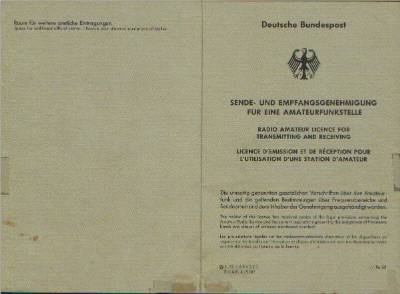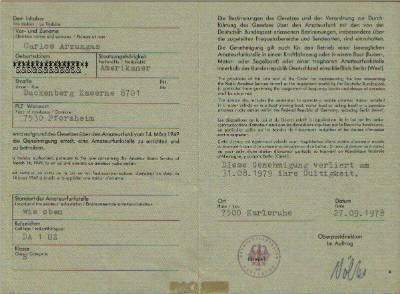My Amateur Radio Beginnings
A Brief Look at My Ham Radio Beginnings and some of the equipment that I have owned

1976 - This is what fueled my interest in Amateur Radio. I entered into the Army in 1975 and at my first permanent duty station in Herlong, California, I was given a non-working Heathkit GR-54 Shortwave receiver to repair. After finding a minor problem with the nylon string that tuned the tuning capacitor, I got the unit fully functional again and the very first SWL signal I tuned was one located in Quito, Ecuador. I was totally amazed that I could pick up a station that distance away. I had only been used to tuning in distant AM broadcast stations as a teenager from a homebrew crystal rig that I had made.
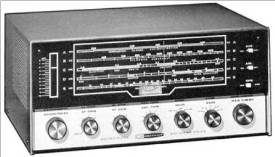 Heathkit GR-54 Receiver |
After tuning in a lot of SWL stations, I began to take an interest in all of the conversations that I was able to hear within the Ham bands. My interest was really on fire now. I purchased a couple of study guides and began my trek into this lifelong hobby of Amateur Radio. In 1976 I was granted a license as a Novice class. Here are a couple of the study guides that I used to help pass my test. I also used the ARRL Tune In to the World study guide and a study guide from Radio Shack - From 5 watts to 1000 watts.
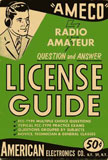 Ameco License Guide | 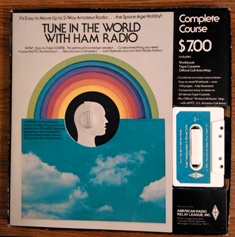 Tune in the World |
 How to Become a Radio Amateur |

WD9DSS
Novice Class
1976 through 02/27/1978
My first CW contacts as a Novice were made using the Globe Chief 90-watt single crystal CW transmitter and the Hallicrafters SP-600-JX21a. I was stationed in Herlong, California when I received my first Amateur Radio License. These rigs will bring back some great CW memories.
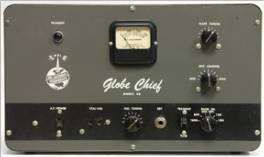 Globe Chief 90 |
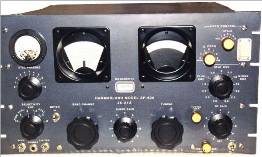 Hallicrafters SP600-JX21a |

I also had the pleasure to use the Collins S-line equipment at our Military Affiliate Radio Service (MARS) station ACM6YGH to run overseas phone patch traffic while stationed in Herlong, California. We were also using the Henry 4K-2 amplifier into a Log Periodic beam about 70 feet. I would spend many great hours running phone patches for our guys in Japan and Korea through the MARS station.
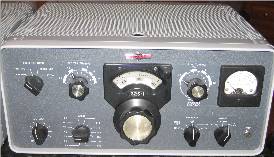 Collins 32S-1 Transmitter |
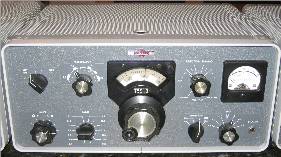 Collins 75S-3 Receiver |

WD9DSS / DA1UZ
General Class
02/28/1978 through 09/09/1988
1978 - I was ready to upgrade my license to General Class after my CW proficiency improved and get some newer gear to operate. I had just received overseas orders and was going to be stationed at Pforzheim, Germany in April 1978. Prior to my departure, I purchased a very clean Heathkit HW-101 transceiver and a Yaesu FL2100B amplifier for my contacts and held onto these rigs for a number of years. I also used the Heathkit HW-202 for my 2 Meter FM contacts. My antenna was a 20 meter Dipole hanging out of the Barracks window. I returned back to my home in Illinois right before Thanksgiving 1979 having finished my military service and set up my first 50 foot tower and Triband Antenna, the 6 Element Wilson System 36.
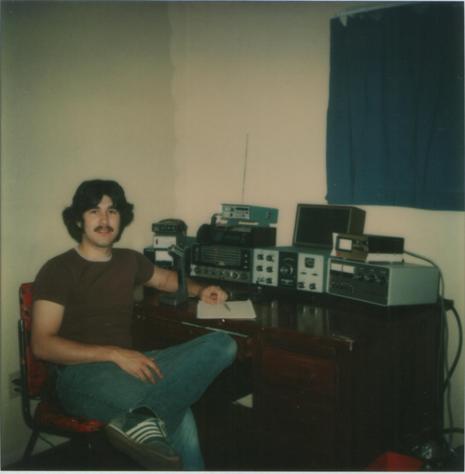 WD9DSS - 1980 | 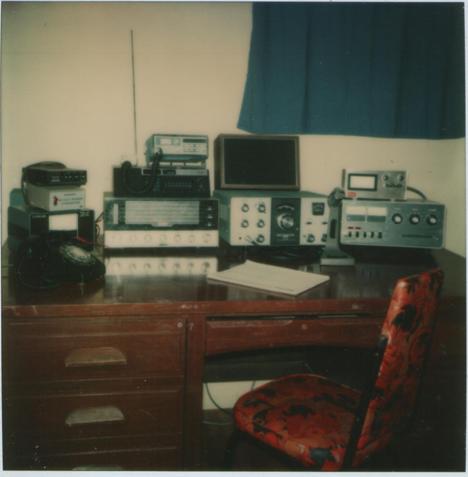 WD9DSS - 1980 |

KE9MN
Advanced Class
09/09/1988 through 11/12/1988
1988 - After my return from Germany in 1979, I held on to my General class call until my upgrade to Advanced Class in 1988. My rigs that I used were the Yaesu FT767 Mark III driving a Drake L-7 Amplifer. I also used a Yaesu FT-901DM and a UnidenTempo 2020 as my backup rigs. My antenna was a 6 Element Wilson System 36 Tribander at 50 Feet.

W9FE
Extra Class
11/13/1988 to present
1988 - I was anxious to upgrade to my Extra Class license and began working hard to get past my CW plateau of around 15 WPM. I immediately passed my theory, however it took me several attempts to pass the 20 WPM code test.
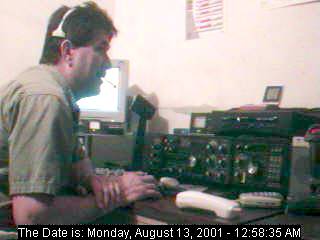 W9FE - 2001 |
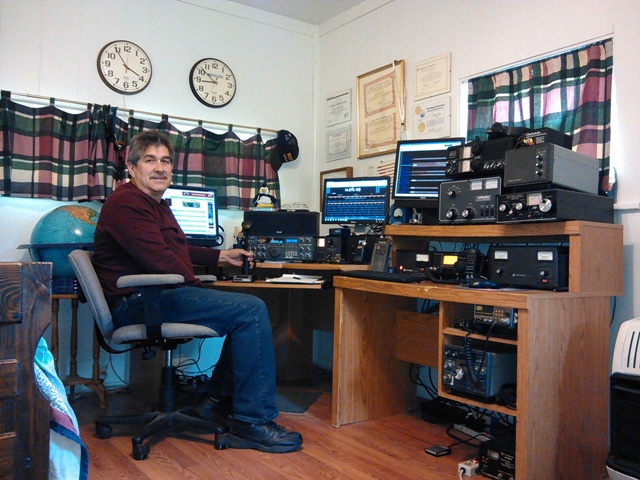 W9FE - 2016 |
Present - My current rigs are the older Kenwood TS940-S driving an Ameritron ALS-600 amplifier. I also use an Icom IC-718 and the Ameritron AL-811 amplifier set up as a Digital station for my activities on SSTV, PSK-31, Olivia, JT65A, and JT9. My antenna are a 160/80 meter Inverted Vee and a Butternut HF6V Vertical antenna.

